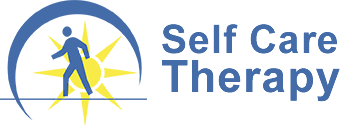By now, most of us know and have experienced, how stress can hurt our physical and mental health. But knowing that stress is dangerous only adds to the stress. Instead, we should focus on what we can actually do about it. With all the attention on stress in the last couple of decades, we now have plenty of research and evidence for things we can do about it. Here are some. We suggest to read through the list and pick one or two things to try first. Results are not always immediate. It takes time and consistency. But it is worth it to feel better.
- Planned recovery: Find a moment for peace and quiet time by yourself every day, every week and occasional longer vacations.
- Exercise, exercise, exercise.
- Sleep. Regular sleep schedule.
- Practice Mindfulness – meditation.
- Eat healthily. – Avoid sugar.
- Eat mindfully. Really savor the food you do eat.
- Yoga, Massage, Tai-Chi
- Unplug from gadgets at times. Does social media help or hurt?
- Journal
- Practice gratitude. What are you thankful for today? What were some golden moments?
- Be kind to yourself. What did you accomplish or do that you did well today?
- Set goals/objectives for the day.
- Spend time with family or friends.
- Laugh. Use humor.
- Find an interest/hobby. Find “flow” activities.
- Work on social relationships. Take on the difficult issues and work them out. Take the plunge.
- Talk to someone you trust
- Feel your feelings. Use mindfulness or The love letter technique. (John Gray, google it)
- Don’t self medicate with drugs, food, shopping, etc.
- Avoid overthinking and social comparisons. (Social media)
- Allow yourself one experience of “Awe” every day. Notice the things around you. Be curious.
- Cold exposure. Ex, see how long you can take a cold shower. Work up to 2 minutes. – (It actually changes the hormonal balance for the better and builds resilience to stress.)
- Supplements to help reduce inflammation (stress hormone cortisol causes inflammation). Krill oil, Tumeric, Vitamin D
These are not just nice suggestions. Each intervention is backed up by years of research and has proven effective. Some as or more effective than medications. The effects are not only subjective but can be measured with brain imaging in research. It really works!
